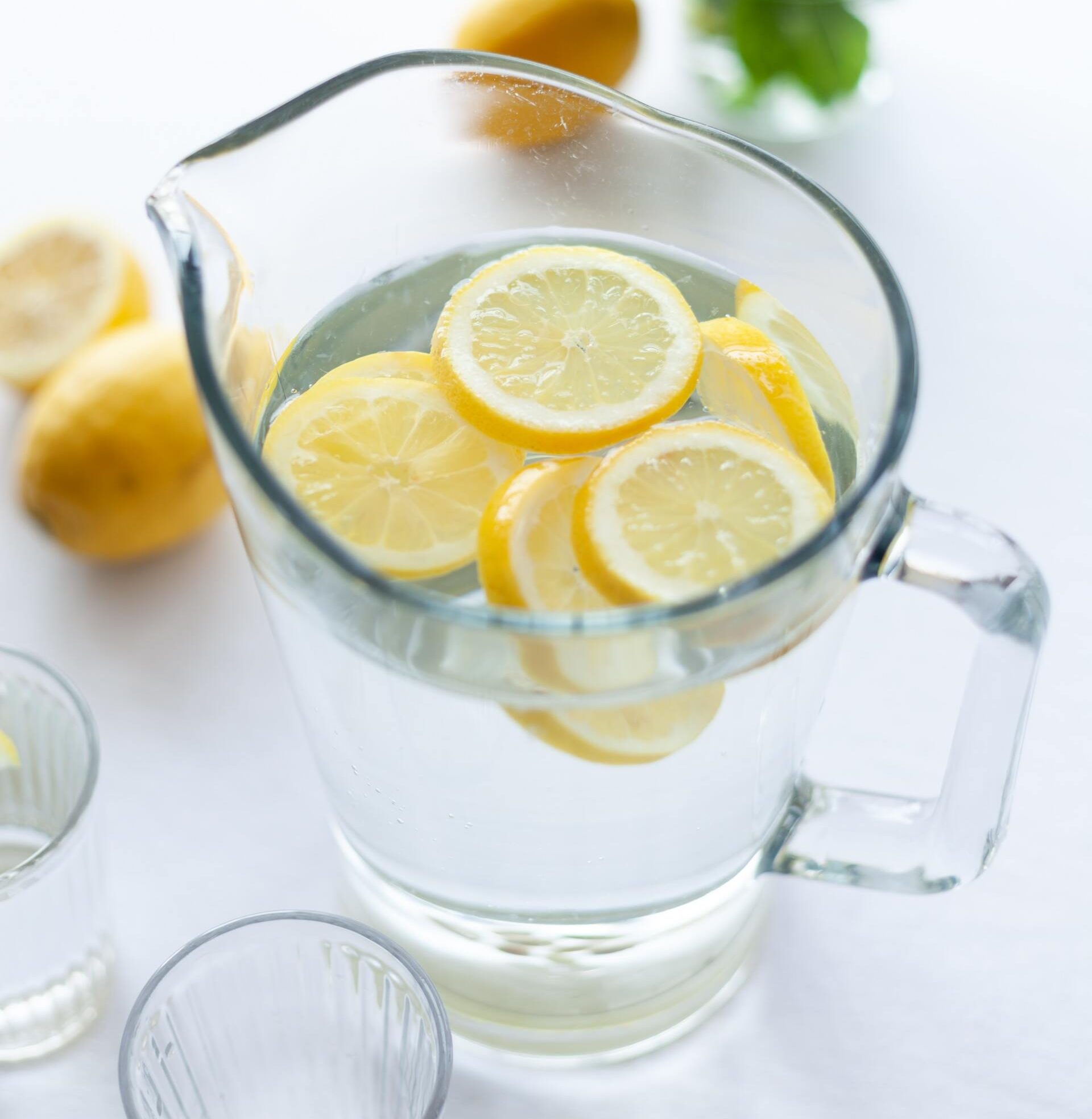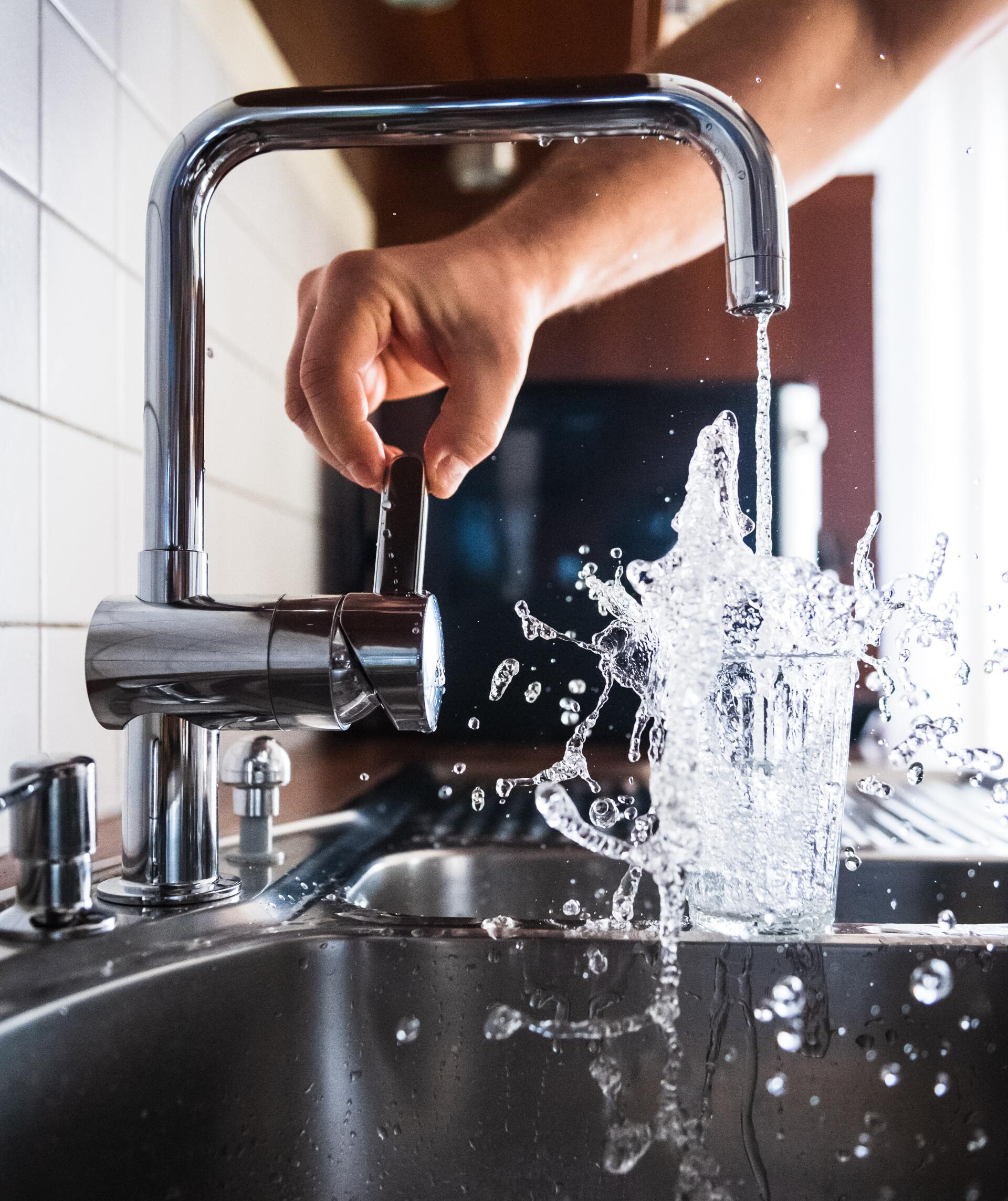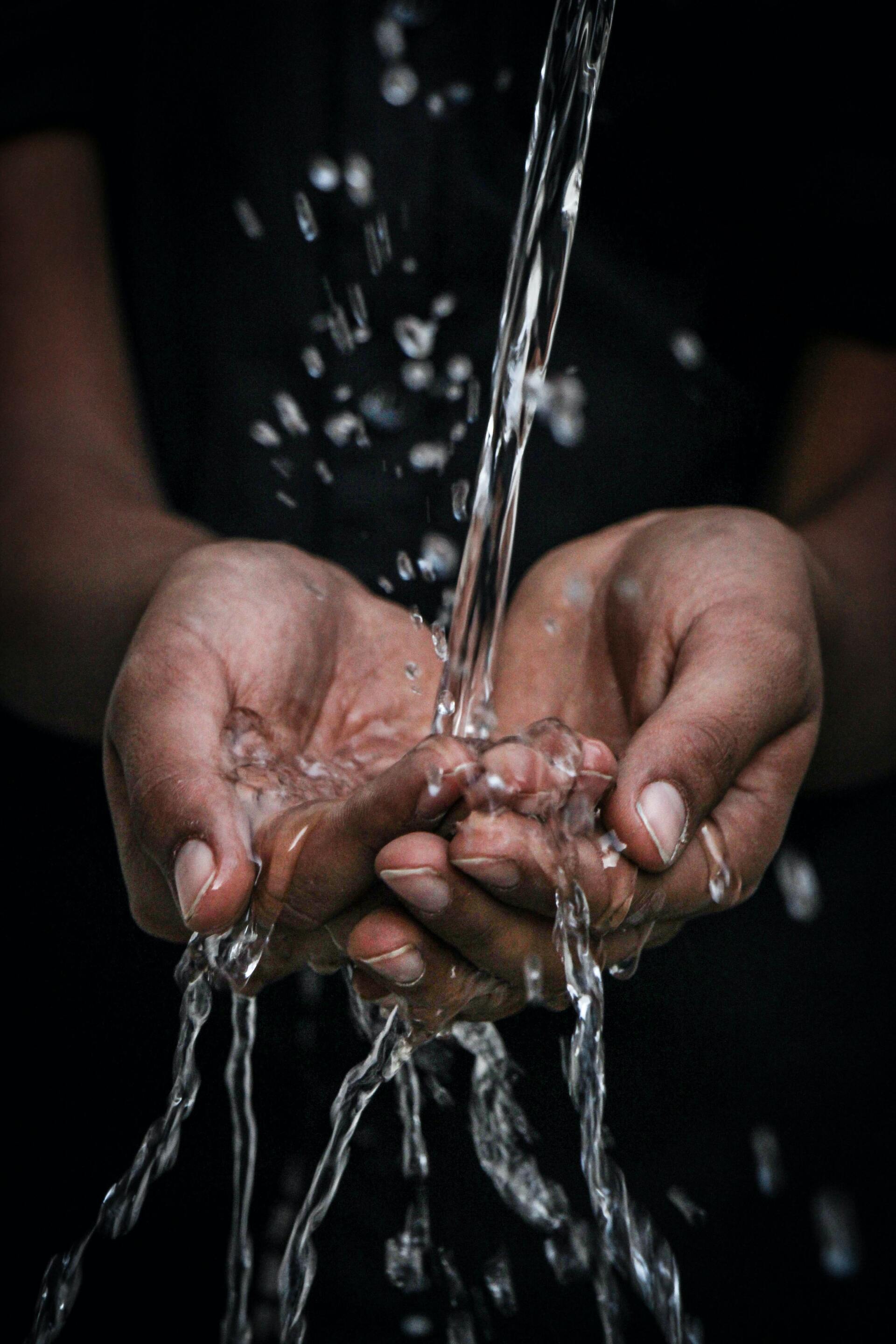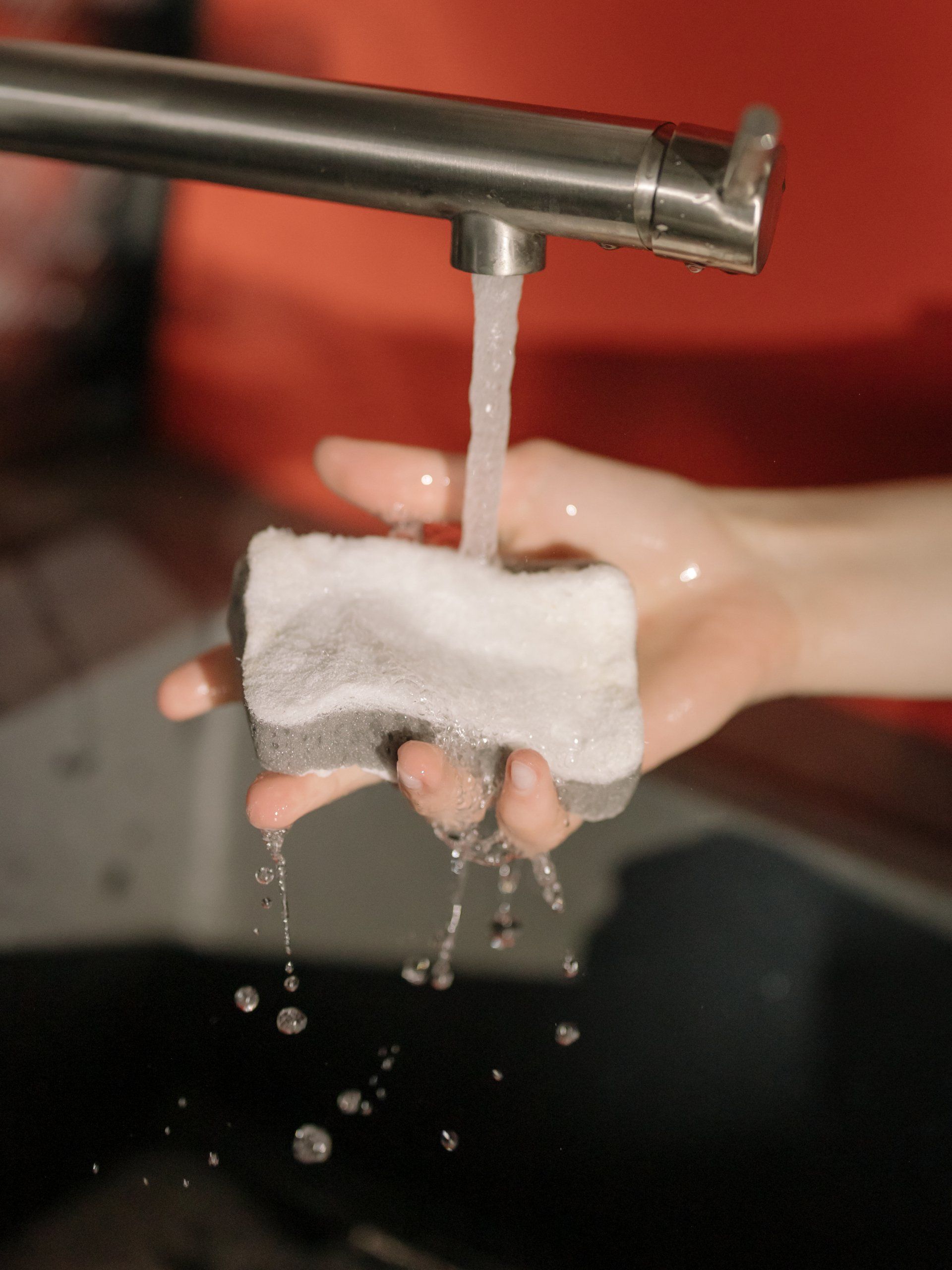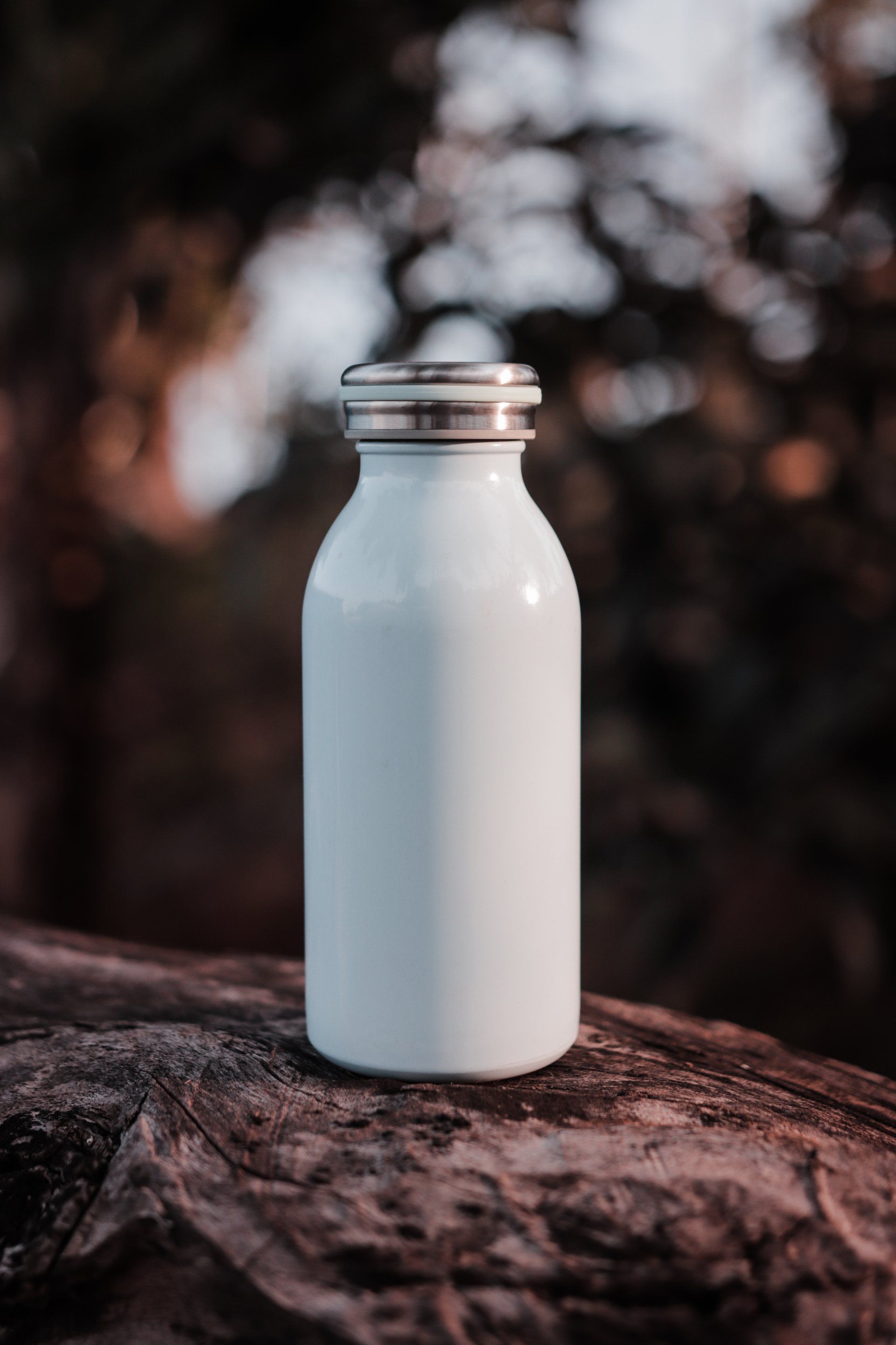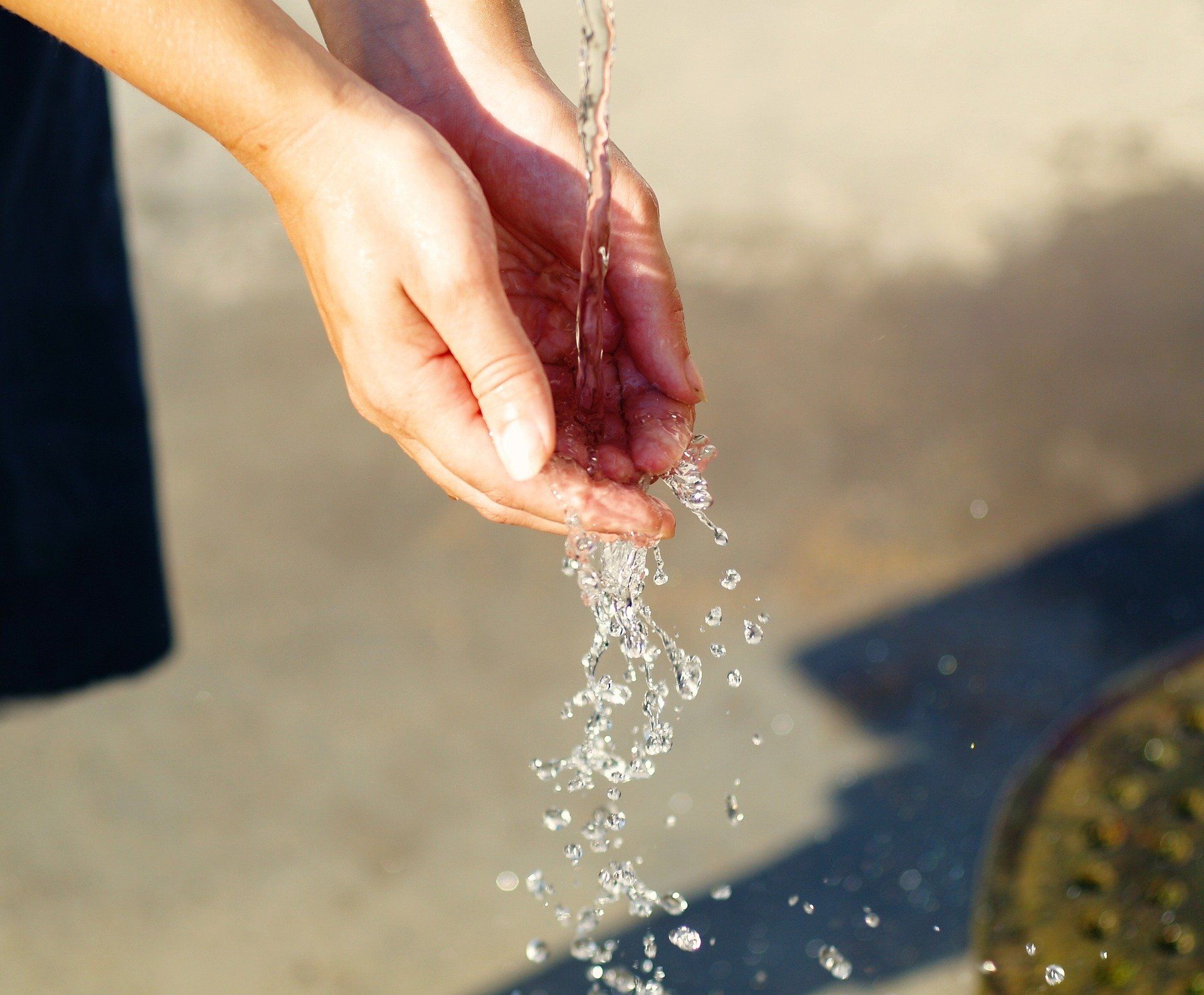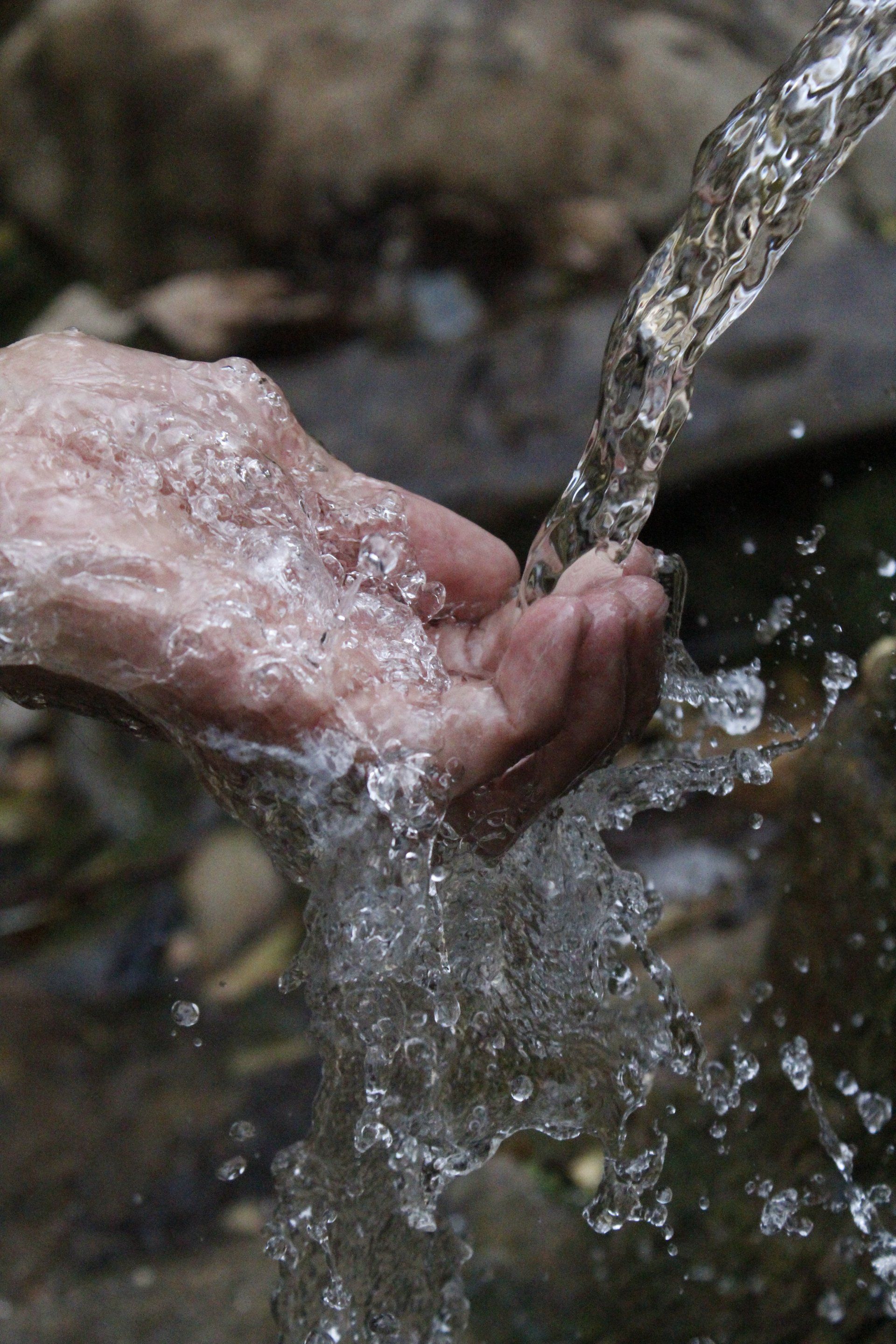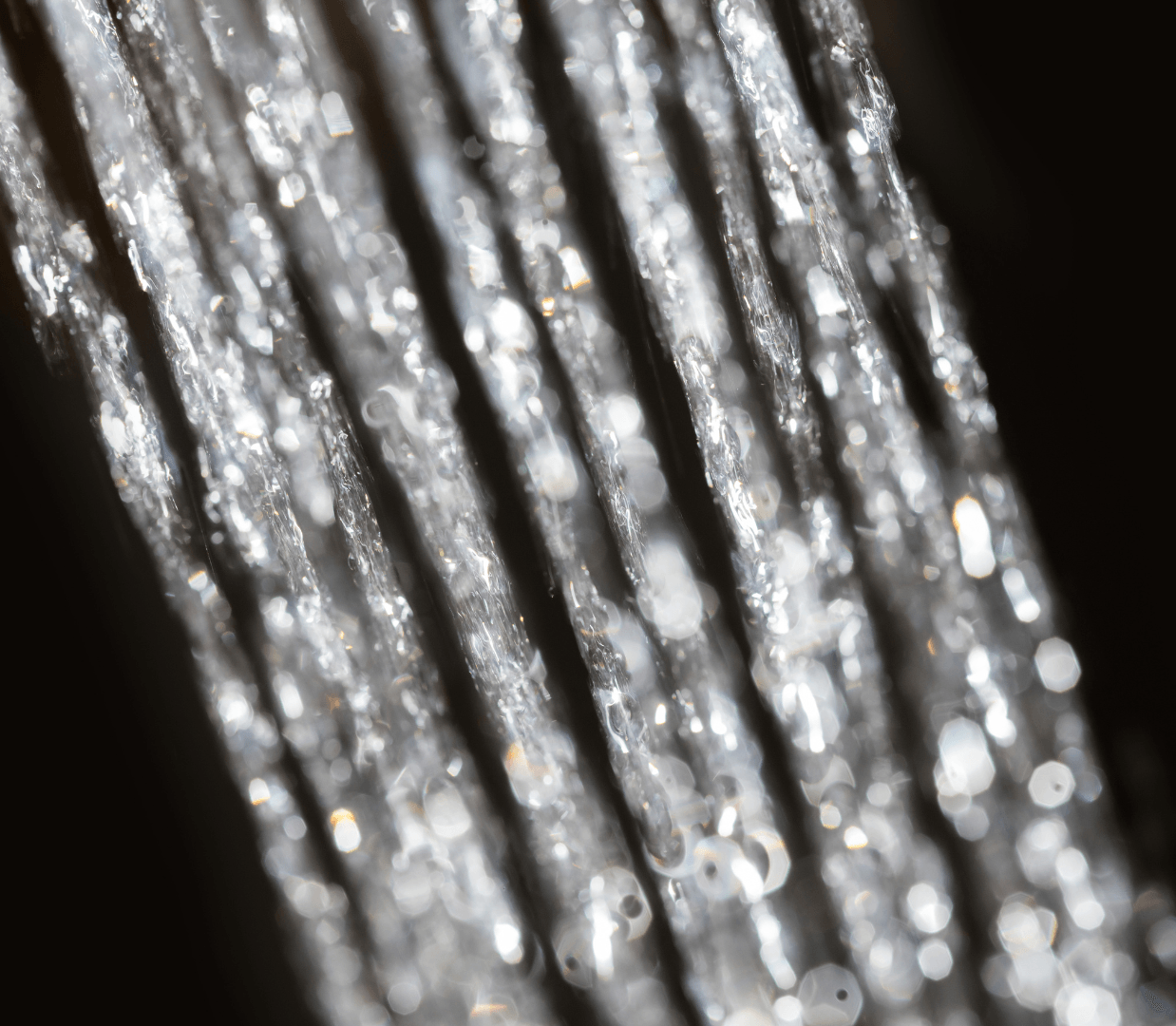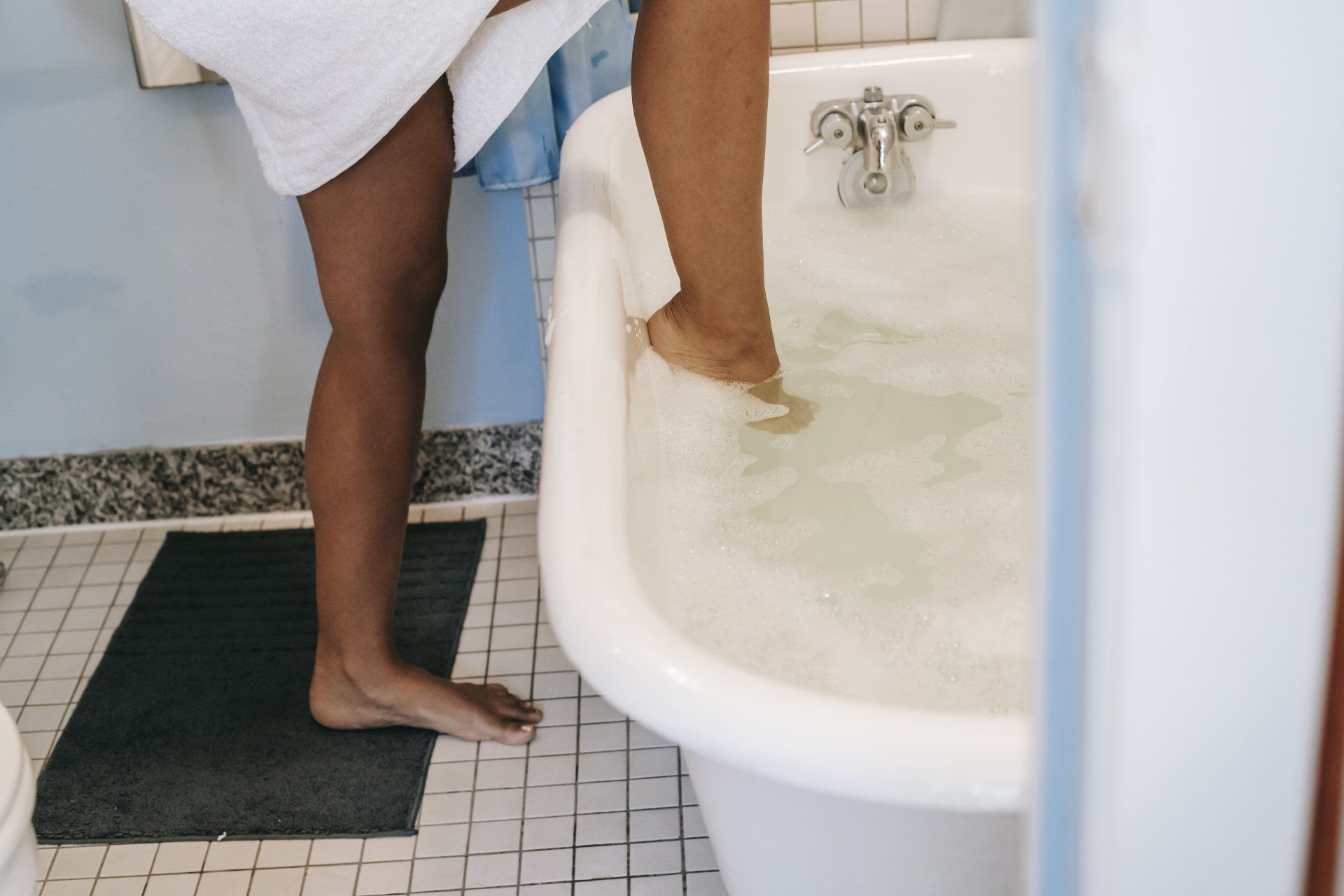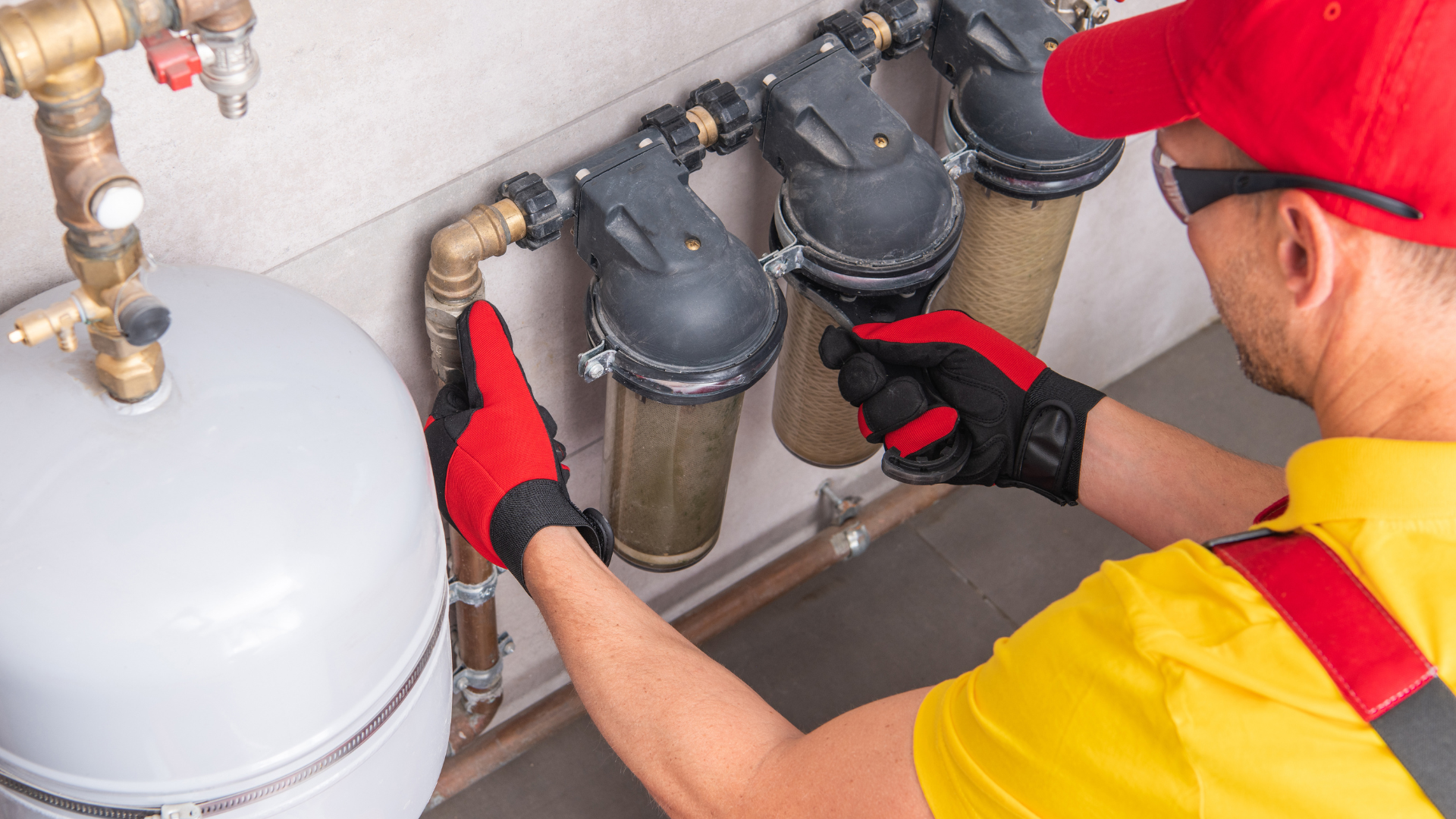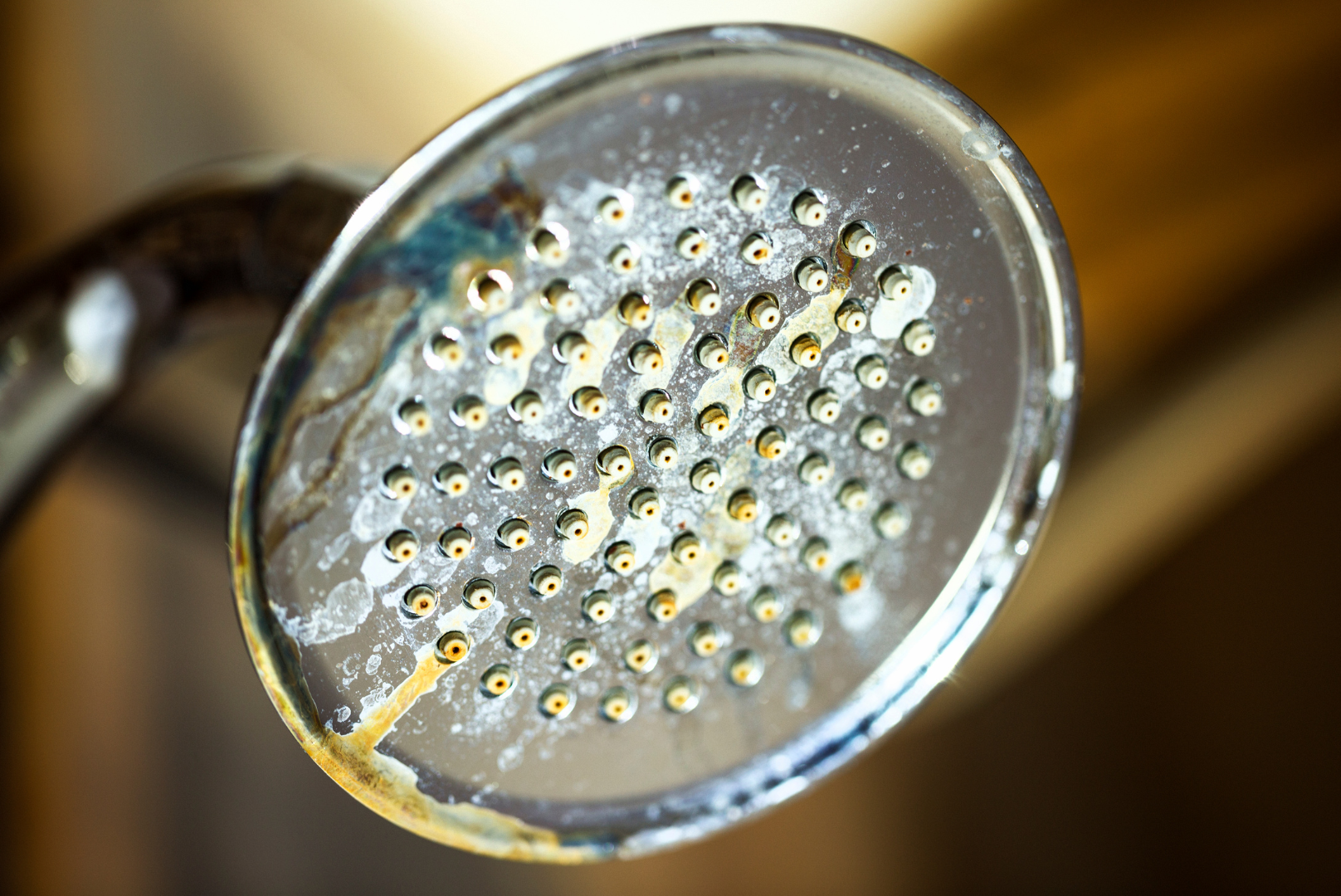Water Softeners Vs Water Filters: What's the Difference?
Don't be overwhelmed - we can help
If you’ve been looking for water treatment solutions, you’ve likely felt overwhelmed by the different types of home water treatment options available to you. Specifically, you might have questions about the difference between water softeners and water filters, how they work, and which one is right for your home.
To help you better understand these devices and make an informed decision as to which one you need, let’s take a look at water softeners and filters in depth and help you to know the difference and which one you need.

What are they?
While water softeners and filters serve a similar purpose, that is water purification, they purify your water of very different things.
Water softeners exclusively rid your water of calcium and magnesium carbonate. These minerals are what causes hard water. As we’ve discussed in previous blogs, hard water can damage your hair, irritate your skin, and cause cleaning products such as dish and laundry detergent to not clean properly. Water softeners remove these minerals from your water, turning your hard water “soft.” While they are quite effective at removing dissolved minerals, it should be noted that they don’t purify your water of other contaminants such as bacteria, heavy metals, and pesticides.

Enter water filtration

How do they work?
Water softeners work by forcing your water through a unit that attracts calcium and magnesium ions and replaces them with harmless sodium ions. This is why water softeners are insufficient treatment systems for removing other toxic compounds and contaminants from your water. The device is specifically designed to target calcium and magnesium and nothing else. Every so often, the plastic material inside the water softener will need to be serviced in order to maintain its effectiveness.
There are several different types of water filters and they all work differently. Activated charcoal and alumina filters remove chemicals directly from the water through
adsorption (not absorption!) while others such as reverse osmosis filters force water through a membrane that only water can pass through, leaving contaminants behind. UV filters specialize in killing microbes by bombarding them with ultraviolet radiation (which is harmless to humans), but will not remove chemical contaminants or sediment.

Which one do I need?
Well, that depends on your situation. The first step should be to contact us about having your water tested to see what contaminants might be present in your water. It could be the case that a water softener will be a perfectly adequate solution, or the presence of environmental toxins might necessitate a type of filtration system. In other cases a combination of the two might work best for you. Whatever the case might be, it’s important to get your water tested in order to make an informed decision about water treatment and what type of treatment system you need.
If you’ve got questions about water safety and the different types of water treatment that are available to you, please don’t hesitate to reach out to us. We can help you every step of the way to find the right treatment options for you!
